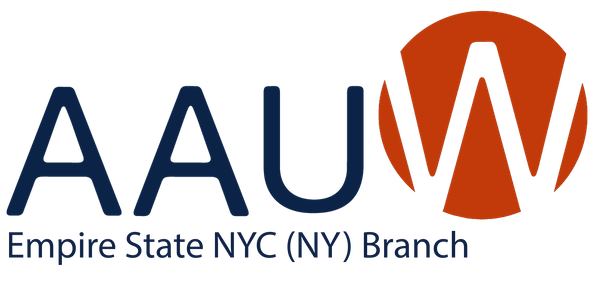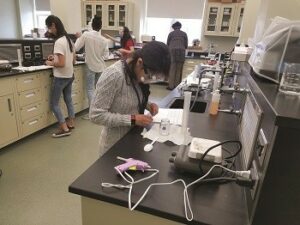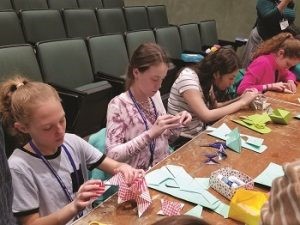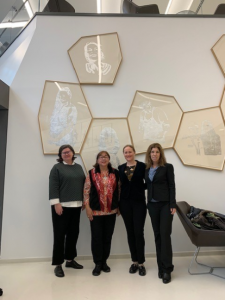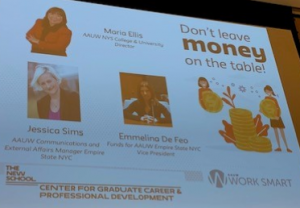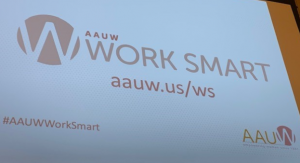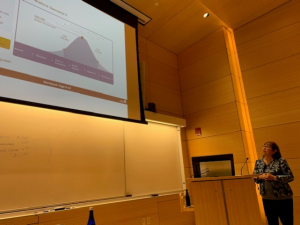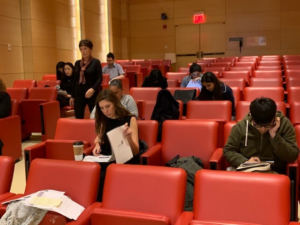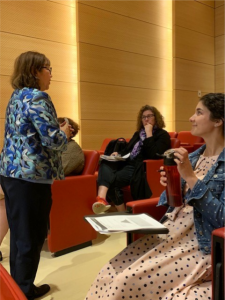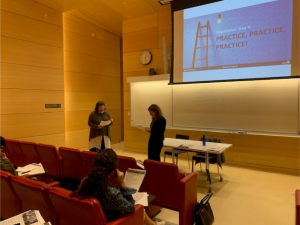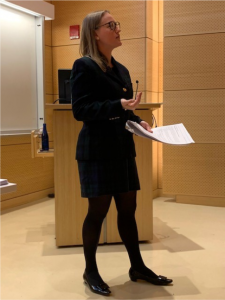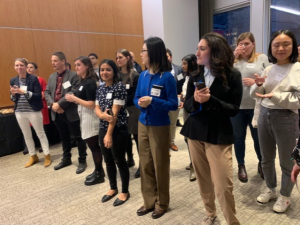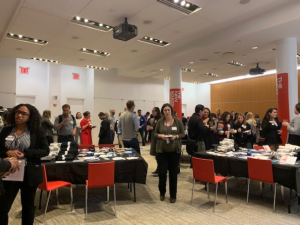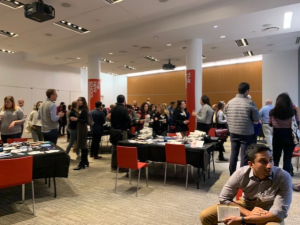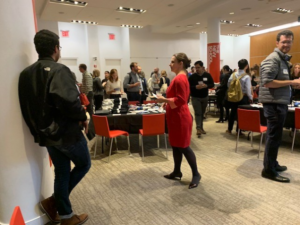 2024 Great Decisions
2024 Great Decisions
Our Great Decisions conversations will start on Thursday, January 5th from 5:30—7:30 pm. Please refer to the Event Calendar listed on this newsletter for upcoming Zoom meetings.
Topics for Great Decisions 2024
- Mideast Realignment By Marc Lynch
The United States and Middle East are at a crossroads. In spite of a reduced presence in the Middle East, the U.S. still has significant national interests there and the area is a key arena for global power politics. Can the U.S. continue to defend its interests in the Middle East and globally with a lower level of military and political involvement, or should it recommit to a leading role in the region?
Discussion Leader: Maria Ellis, Thurs. Feb. 1st - Climate technology and competition By Bud Ward
Will the United States and China, with other powerful countries following suit, approach current and future climate initiatives with an increased commitment to trade protectionism and nationalism, by various measures including trade restrictions? Or could a growing spirit of international accord develop to confront the “common enemy” of climate change?
Discussion Leader: TBD, Thurs. Feb. 29th - Science across borders By Mila Rosenthal
Scientific advances benefit from collaboration between researchers, but what happens when material, such as Artificial Intelligence (AI) is controversial and important to a nation’s national security? Is there a middle ground between sharing information and denying access? How can we regulate cooperation?
Discussion Leader: TBD, Thurs. March 7th - U.S. -China trade rivalry By Jonathan Chanis
China’s economic rise and its current policies of increasing the role of the state in the economy have led some U.S. policymakers to seek to deny China access to U.S. technology and investment. This is seen as a necessary corrective to decades of predatory Chinese economic policies. Is this a wise strategy, and how effective can it be?
Discussion Leader: TBD, Thurs. March 21st - NATO’s future By Sarwar Kashmeri
Since the Russian invasion of Ukraine in February 2022, the North Atlantic Treaty Organization (NATO) has come under increased scrutiny, not because NATO troops are involved in the conflict, but because of its role in relations between Russia and its neighbors. Will expanding membership in NATO protect countries, or will it further provoke Russia?
Discussion Leader: TBD, Thurs. April 4th - Understanding Indonesia By Charles Sullivan
Despite its large size, Indonesia remains virtually invisible to most Americans. But as one of the world’s largest democracies, the world’s largest Muslim-majority nation, and as an economic driver of ASEAN, why does it fly below the radar? What are current issues in U.S.-Indonesian relations, and what role can the country play in Asia?
Discussion Leader: TBD, Thurs. April 18th - High Seas Treaty By FPA editors
Areas of the seas beyond national jurisdiction comprise the high seas, which are facing a degradation of ecosystems due to climate change and the increase in human activities, such as shipping, overfishing, pollution, and deep-sea mining. The recently negotiated High Seas Treaty, also known as the Biodiversity Beyond National Jurisdiction treaty, will attempt to address these issues. How difficult will it be to convince nations to participate?
Discussion Leader: TBD, Thurs. April 25th - Pandemic preparedness By Carolyn Reynolds
Looking back at the covid-19 pandemic, there are many lessons to take away in terms of domestic and international policies. Although this pandemic seems to have waned, how can we apply these lessons to future pandemics? Will countries cooperate, and will a consensus emerge on how to manage global health challenges?
Discussion Leader: TBD, Thurs. May 9th
Zoom Meetings, 5:30—6:30 p.m. For more information, email Marial Ellis at mellis@fsacap.com
Click on the link below for all our scheduled zoom meetings (same link for all): https://us02web.zoom.us/j/7457199346?pwd=VXl4YURMSmdsSXpxRHdia0Nwa01FUT09 Meeting ID: 745 719 9346 Passcode: AAUW To join by telephone: dial (646)931-3860
